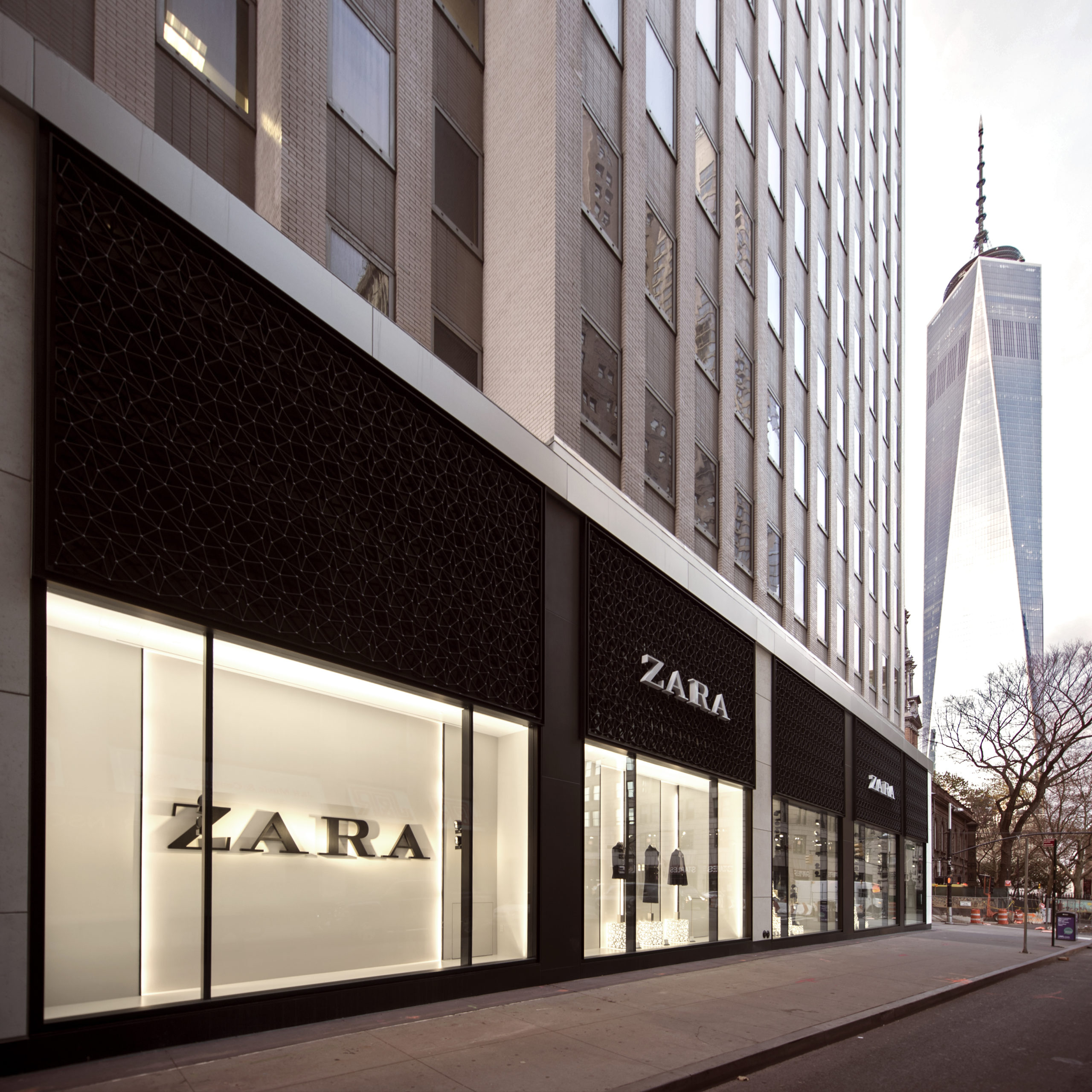Coronavirus pandemic has brought unprecedented issues for the modern-day industry and organizations like Zara are shutting down stores around the world in order to meet health regulations.
COVID-19 fiasco has seriously affected firms worldwide and made them question their ways. Firms around the world are trying to meet safety requirements and shut down sites for minimum risk.
Zara owner Inditex announces the closure of 1200 fashion stores worldwide, especially in Asia and Europe to practice social distancing. Company brands including Zara, Bershka, Pull and Bear, Oysho, etc. are facing serious losses.
Inditex aims to maximize their online business in order to counter the lockdown situation while avoiding laying off by offering different jobs to their employees relating to online business
Inditex, like all other industry giants around the world, has taken a hard hit from the pandemic. Their sales are 44% down to the first quarter of the year.
The company is ultimately planning to have a total of around 6700 to 6900 stores, as compared to 7412 today, which will involve starting 450 new stores equipped with all the latest sales incorporation technology.
Inditex further repeats that small-scale stores account for around 5 to 6 percent of their total sales and most of them are brands excluding Zara.
They are planning on uplifting their online business by promoting online transactions in shops located in China and Japan such as Bershka and Pull and Bear.
It is well-established that the 107 Inditex stores located in the UK are safe from coronavirus pandemic thanks to better control and situation in the area.
By the 8th of June, almost 1/4th of the shops were un-operational and Inditex has encountered a loss of around €409M. Adapting the business model to online sales has helped significantly.
Compared to last year, online transactions have risen 50% during the quarter and up to 95% in the month of April. Major businesses around the world like Bricks and Mortars to adapt their business models due to lower footfall expectations in the following months.
The whole situation has resulted in job risks for individuals who are already struggling to maintain their health and keep safe in the pandemic. The Restaurant Group is planning to close 125 of its outlets, rendering 3000 people jobless.
Inditex is trying to fulfill the gap created in the sales and come up with its competition with big firms like H&M and the Uniqlo owner. Online only and fast retailing businesses like Asos and Boohoo are greatly prospering in this situation.
Their online stores in the Philippines which were opened in October 2019 will re-open. These stores include branches in Makati, Mandaluyong, Taguig, Pasay, Quezon City, and Cebu City.
Inditex hopes to conduct 25% of its business through online transactions by the year 2022. The percentage was 14% in the previous year. Larger stores will act as distribution centers to complete the model.
Coronavirus pandemic has given a lot of lessons to the industrial and medical world. The world is also responding positively to new challenges. Amancio Ortega, the founder of Inditex announced that the firm would spend €1bn on its online business.
They are investing an added amount of €1.7bn in the retail stores to help them better resonate with the websites for swift deliveries and optimized tracking services.


